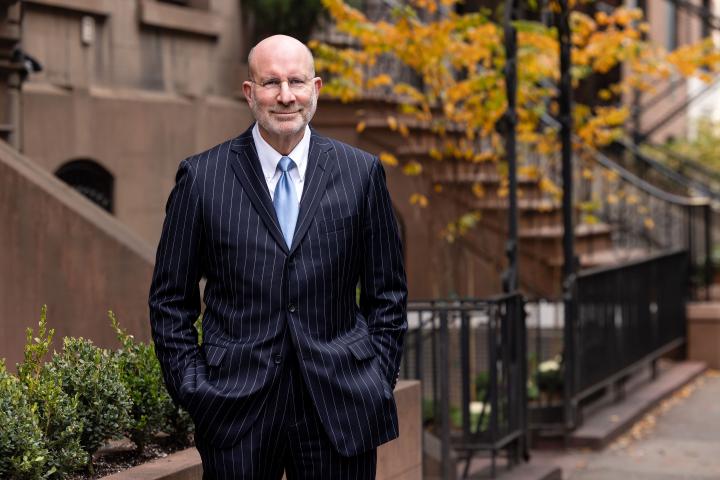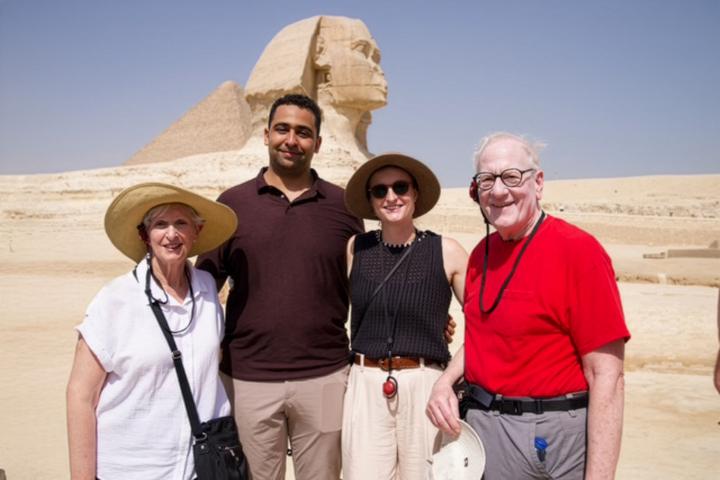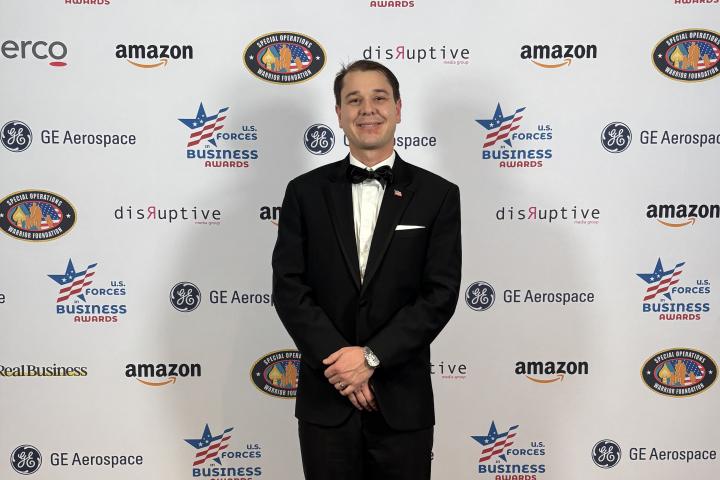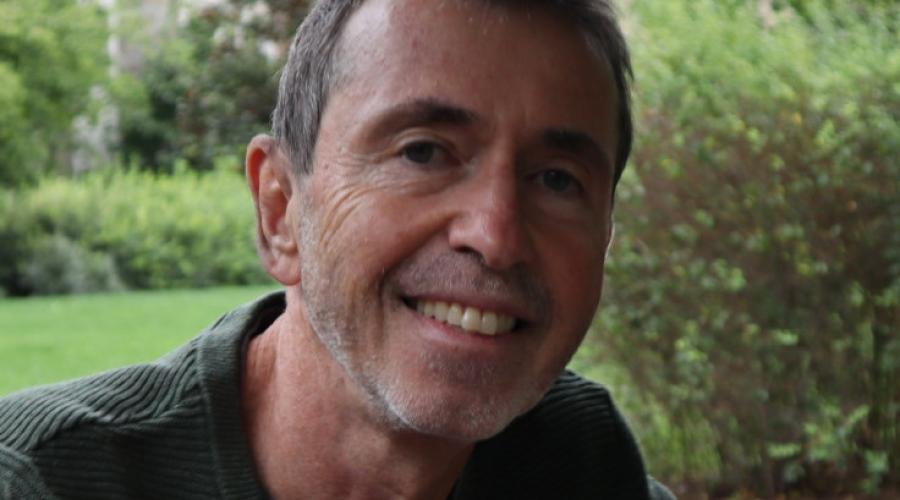
Custodian to National Union Leader: an ILRie’s Journey
Al Davidoff ’80 was an ILR senior when he applied for a full-time custodian job.
“One week, I was doing what students do and going religiously to all my classes, and the next week, I had to punch a time clock at West Campus dorms at 7:25 a.m.,” Davidoff said.
Davidoff grew up in Tonawanda, an industrial suburban neighborhood in Buffalo that was middle-class economically but working-class culturally, he said. Most of his friends’ parents did not go to college, but most of his classmates went on to pursue a degree as first-generation college students.
“When I came here [to Cornell], I was not as familiar with the students who were from wealthy backgrounds. That was a bit of a shock and adjustment,” Davidoff said. “As I got connected to the Cornell workers, it reminded me of a lot of the neighborhood I grew up in and the kinds of people [there]. In one way, it was a return to something familiar.”
At ILR, Davidoff was a student activist, advocating for causes aligned with his values. He was the president of the ILR Student Government Association and co-leader of a student labor organization.
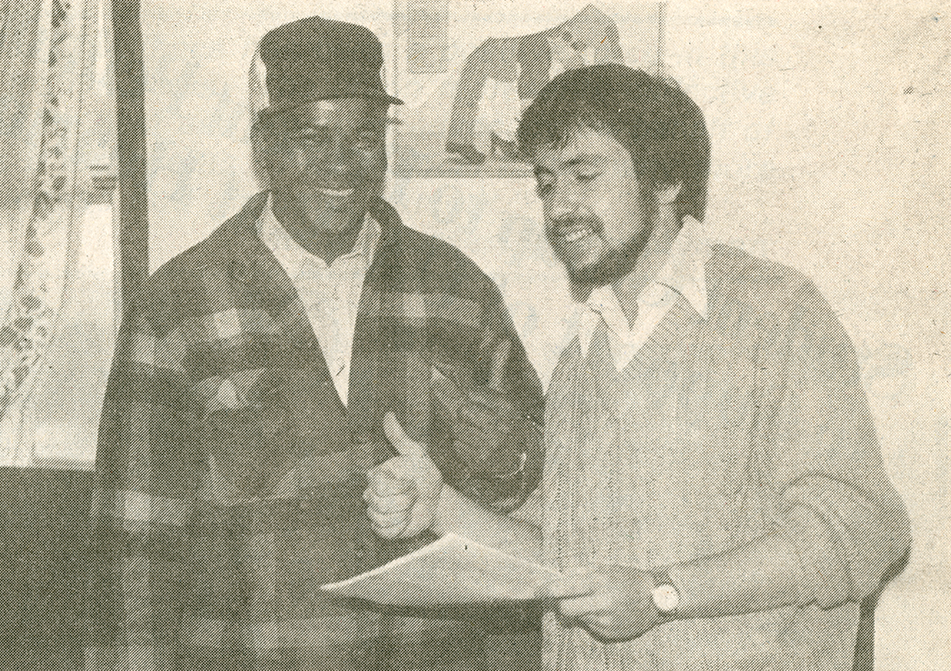
“I had gone through a couple of years of my own political development and had become an activist [prior to becoming a custodian],” Davidoff said. “I was very involved with the anti-apartheid movement on campus and labor activities at the ILR School.”
Davidoff’s custodial work began in conjunction with workers starting to talk seriously about organizing. He said that as an activist on campus, he had met with many of the long-term Cornell workers and was inspired by their courage and work in seeking ways to improve their conditions. Joining the Cornell workforce as a custodian, Davidoff said he wanted to do his part to improve things.
“Going into work for half of my waking hours as someone who is cleaning the dorms, I saw how I was treated. They just saw me as a broom, a mop or somebody who would empty their garbage,” Davidoff said.
“Those early days in that job were a rude awakening to the invisibility of so much of the Cornell workforce. I entered that job from a place of privilege as a student, and that forced me to think long and hard about who I am and what is going on on the campus.”
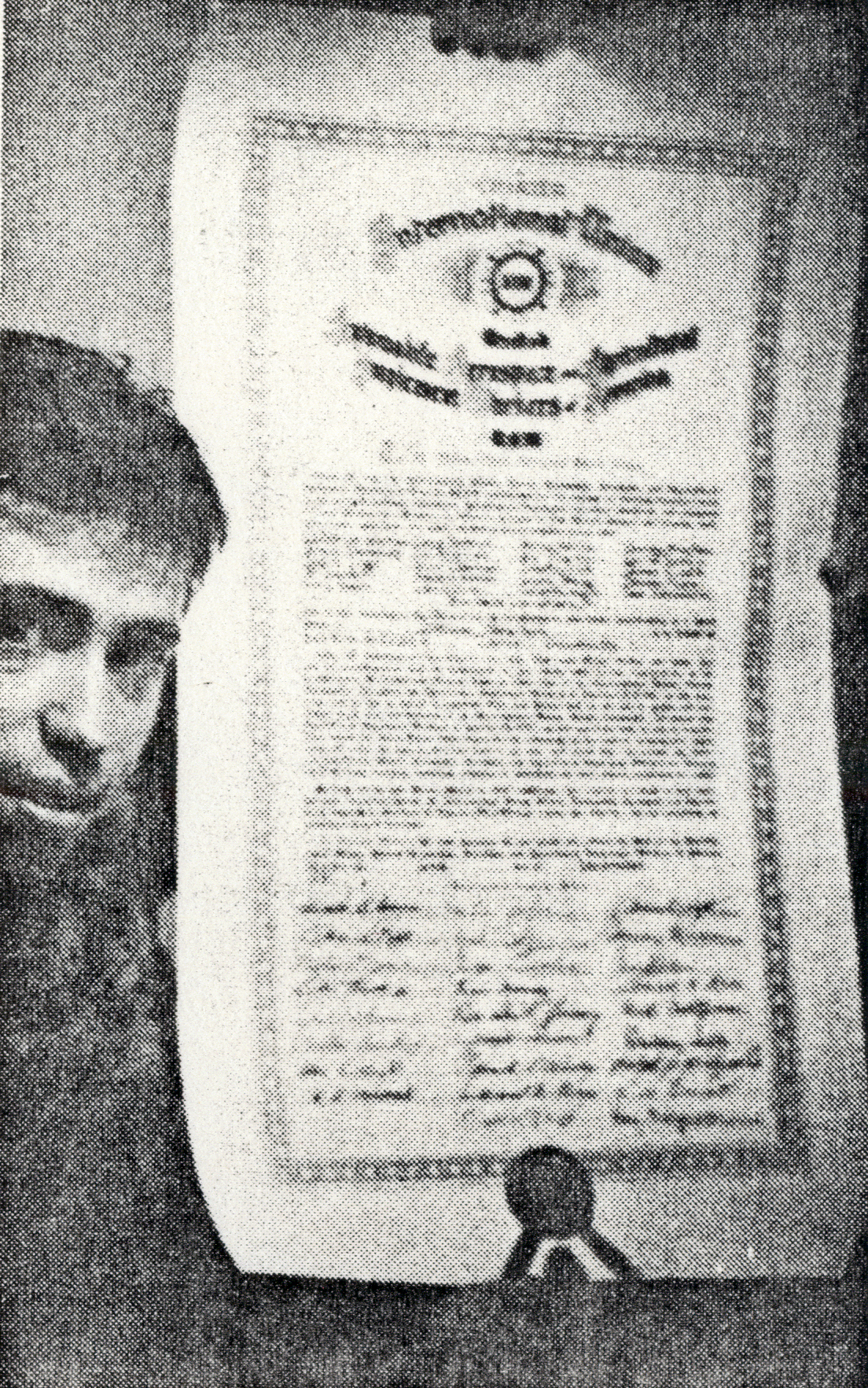
Davidoff played a vital role as a member of the organizing committee to establish United Auto Workers Local 2300, which now represents approximately 1,100 building maintenance and service workers.
At the time, the workers demanded better working conditions, increased pay and parking. Among all the demands, getting rid of the merit-pay system was the most dire issue, according to Davidoff. The merit-pay system meant that workers’ pay and raises were based on how much their respective supervisors thought of the workers’ job performance. The system was inherently flawed in that it encouraged favoritism and ignored sexual harassment, he said.
“There was one worker who used to wash the supervisor’s car every week,” Davidoff said. “The supervisor had that happen in front of all of us. We would be coming in to punch out, and this worker would be there washing the car. To think that that is your path to getting a better raise, that was a sick system.”
The merit system ended in 1981.
“Organizing gives people a voice in their day-to-day lives,” Davidoff said. “Work is so fundamental. It is such a fundamental part of our existence that to say that there is no democracy in that part of your existence, to me, seems fundamentally wrong.”
Davidoff has since worked closely with the ILR School throughout the many hats he wore as a labor expert and activist. While serving as New York State AFL-CIO director, Davidoff partnered with the ILR School’s Worker Institute to launch the Union Leadership Institute and, several years later, the National Labor Leadership Initiative.
Now the director of Organizational and Leadership Development at the Solidarity Center, a global worker rights organization working closely with the Worker Institute, Davidoff said he believes ILR offers great opportunities for students to engage in labor-organizing efforts.
“I want students interested in labor to know that labor is interested in them,” Davidoff said. “Be a good consumer in terms of selecting the classes that you take. You have a wide range of opportunities. Talk to your peer students who are a year or two ahead, talk to the faculty that you know are particularly focused on labor and help curate your education towards your interest.”
